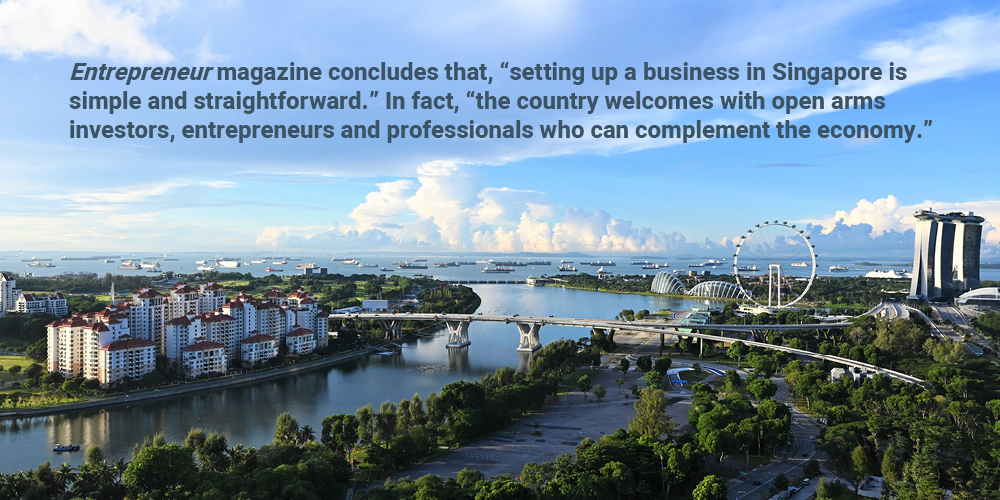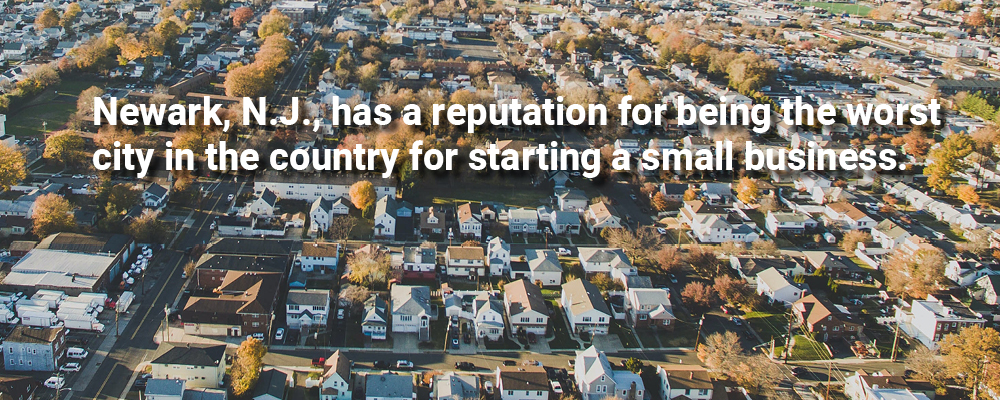Maze of red tape impedes urban business growth
By Kerry Jackson | February 17, 2023
Humanity flourishes when it’s free. Minds innovate, human capital is liberated and the ambitious get to work when they’re not interrupted by restrictive licensing and other bureaucratic hurdles that pose impenetrable barriers to personal and economic freedom.
Cities need entrepreneurs. They need business owners who will disrupt the status quo and start fresh trends. The alternative is a sclerotic economy. The worst big cities for starting a new business have several obstacles in common: high taxes, steep rental costs and a punishing cost of living. They also tend to be places where obtaining a business license is an arduous task.
Some years ago, Reason’s John Stossel made the point that Hong Kong’s residents went in a short time from being among the poorest in the world to among the wealthiest. “Prosperity happened because Hong Kong’s government put fewer obstacles in the way of trying new things like starting a business,” said Stossel.
As an experiment, Stossel opened a shop in Hong Kong, “selling things like American Frisbees.” He launched Stossel Enterprises the morning after filing a single form with the city government. There was no interminable wait for the bureaucratic cogs to line up. It was a “stupid business,” he said, but his point was not. He took advantage of a “chance to try new things.” It was an experiment like so many others, which has “allowed Hong Kong to prosper.”
Stossel’s experience in New Delhi could not have been more different. There it can take years to start a new company. Entrepreneurs have to wait until government functionaries have debated the merits of business ideas. One reason India has struggled economically – or in Stossel’s description has stayed poor – is because good business ideas are left to die in stacks of documents filed away on metal shelves.

Singapore, an independent city-state, also shows why it’s important to free enterprise from administrative restraints. Singapore has the world’s freest economy, according to the Heritage Foundation, or the second-freest behind only Hong Kong, says the Cato Institute. By no coincidence, it also has one of the highest standards of living on Earth.
It might take longer than a day to start a business in Singapore. Depending on the type of industry, the wait to get a business license or permit can be as short as two weeks, as long as two months, or in some cases no government permission is needed at all. However, it has a relatively light tax regime and regulation is low.
Entrepreneur magazine concludes that, “setting up a business in Singapore is simple and straightforward.” In fact, “the country welcomes with open arms investors, entrepreneurs and professionals who can complement the economy.”
Setting up a company involves “five simple steps” that take only “a matter of days,” the magazine added. First, choose a business, then register the company while making sure it’s in compliance with some basic rules. Third, open a corporate bank account in the city. Fourth, obtain necessary permits. And finally, open an office and hire employees.
Why doesn’t every city make the process so straightforward and largely free of traps?
At the other end of the spectrum are the cities that actively make opening a business difficult. These cities act as if they’re doing the ambitious a favor by letting them start and run businesses. They sit on license and permit applications and have systems so Byzantine that they can’t be negotiated.
Western cities such as San Jose, San Francisco and Seattle pride themselves on their innovative tech-based economies, yet those city governments impose so many rules – and the cost of living is so high – that it’s no wonder many startups are moving to Texas. Some cities that seem desperate for new businesses are even worse.

Newark, N.J., has a reputation for being the worst city in the country for starting a small business. It seems like a well-earned tradition. The city needlessly complicates entrepreneurship, says the Institute for Justice, through excessive costs, delays and an overly complex regulatory regime – all of which conspire to make it nearly impossible to get a new business rolling.
Fees to open a Newark restaurant exceed $4,700, while getting a barbershop set up runs more than $3,200. Entrepreneurs too often are in the dark about the entire process. And how is the economy in Newark? Jobs are being lost, not created. So many residents are in financial straits that the city felt it was necessary to establish a guaranteed income pilot program that provides a monthly stipend to qualifying residents.
City Hall in Raleigh, the capital of North Carolina, goes by a different set of plans. Known for its smooth business start-up process and its economic growth expectations, less than $1,400 in fees are needed to kick off a new restaurant there. Little more than $1,200 is required for a barbershop. Only a few businesses even need a license to operate in the city. It’s no wonder Raleigh is booming.
While there are business barriers, it’s clear that Raleigh is a more friendly city for entrepreneurs, more like Hong Kong than New Delhi. Because of that policy, it’s reasonable to believe it has a bright future. So do the other cities that support rather than smother commerce with hurdles that make starting and then operating a business more challenging than it should be.
The Free Cities Center often points to the experience in Anaheim, Calif., which for a short time in the early 2000s implemented “freedom friendly” policies that focused on streamlining business and land-use permit approvals. Officials there worked on changing the culture in City Hall. There’s no reason – beyond bureaucratic recalcitrance – that more Western cities cannot adopt such simple reforms that will boost business development, job growth and tax revenues.
Shutting out entrepreneurs as if they’re interlopers is a self-defeating exercise.
Kerry Jackson is a fellow with the Center for California Reform at the Pacific Research Institute.

